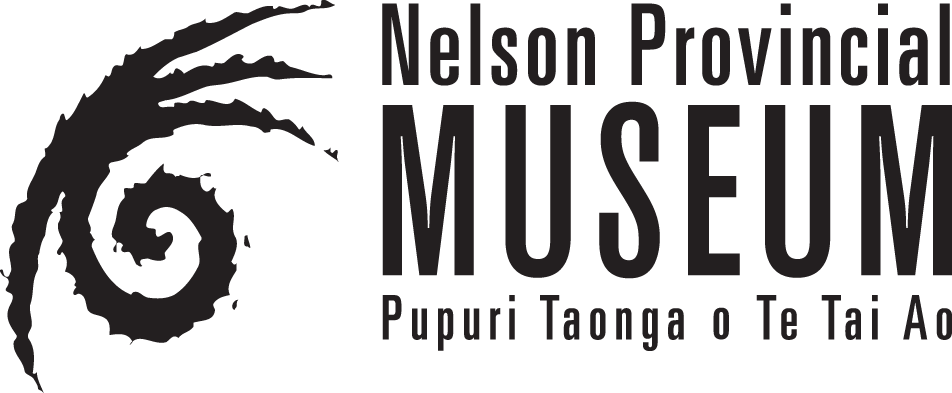Mahinga kai
Flesh-footed shearwater specimen, commonly referred to as tītī or muttonbird. Nelson Provincial Museum Collection: 142.44
Hamuera Robb, our Kaitiaki Taonga Māori has been looking at Tītī (Muttonbirds) and how COVID-19 has impacted an important tradition for Māori.
Around the world, cultures have been affected by the recent COVID-19 pandemic. In Aotearoa New Zealand, lockdown restrictions have interrupted traditions practiced by Māori of Te Tau ihu (the top of the South Island).
Each year, in March and April, whānau gather together to practice mahinga kai, the customary harvesting of tītī, also known as muttonbirds.
The customary practice of tītī harvesting involves much more than collecting and eating birds; it is about the intergenerational transfer of knowledge, an opportunity to build people’s leadership skills for the future. Mahinga kai requires navigating dangerous stretches of water, monitoring the weather and the environments where tītī nest, climbing steep cliffs. Participants also risk being bitten by an array of creatures – it's no easy challenge by any means.
Life has certainly been very different over the past month, but with the announcement of a drop to level 2 hopefully we will be back to enjoying a bit of normality soon!

